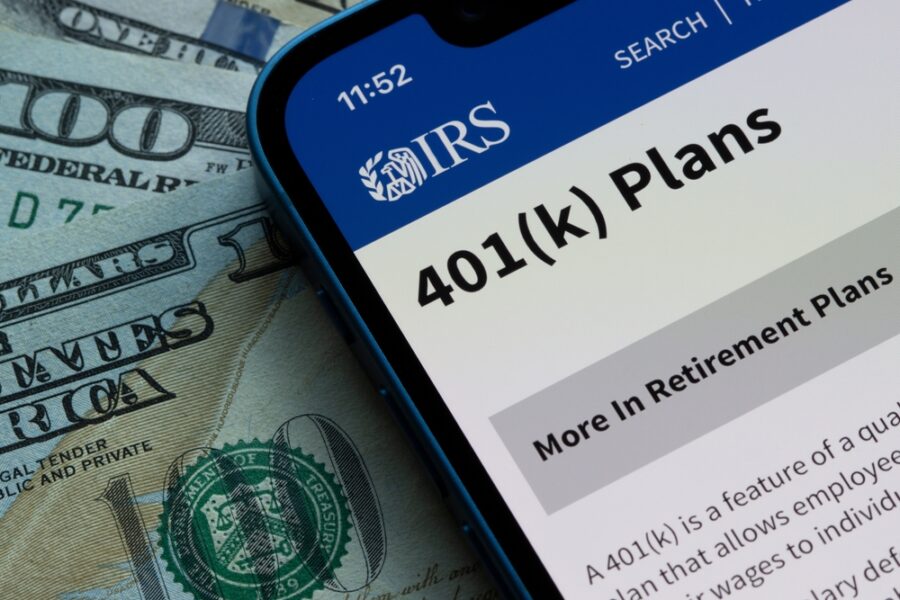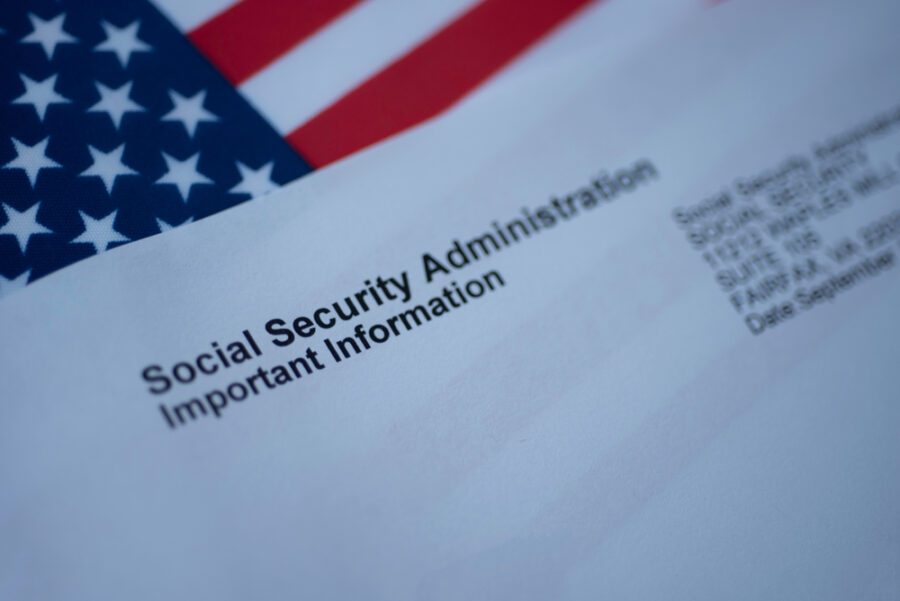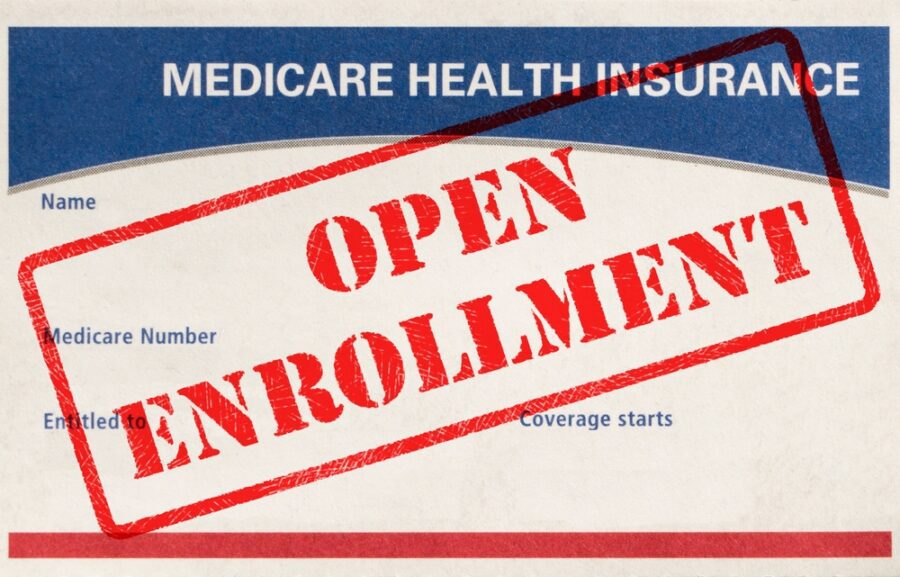
3. Missing Your Required Minimum Distribution Deadline
If you own an IRA or if you have a 401(k) or other retirement plans, you should properly take and report your required minimum distributions (RMDs) to avoid an IRA Audit. The agency is aware that some people aged 72 years or over are failing to take their annual RMDs, and the IRA agents are inspecting this closely.
Failing to take the required amount may lead to a penalty of 50% of the shortfall. The IRA’s eyes are also on those who make IRA withdrawals before reaching age 59½ and who aren’t eligible for penalty-free exceptions.
Individuals 72 and older are required to withdraw RMDs annually from their retirement savings accounts. There is, however, a grace period for the year you turn 72: you can postpone the distribution until April 1 of the following year.
A special procedure applies to individuals who are still employed at the age of 72 or older: if your current employer is offering you a 401(k) plan, you can actually delay taking the required minimum distributions until after you retire (IRAs don’t have this kind of exception).
The amount of the annual withdrawal depends on the balance of the account as of December 31 of the previous year and the life-expectancy tables stated in the IRS Publication 590-B.









